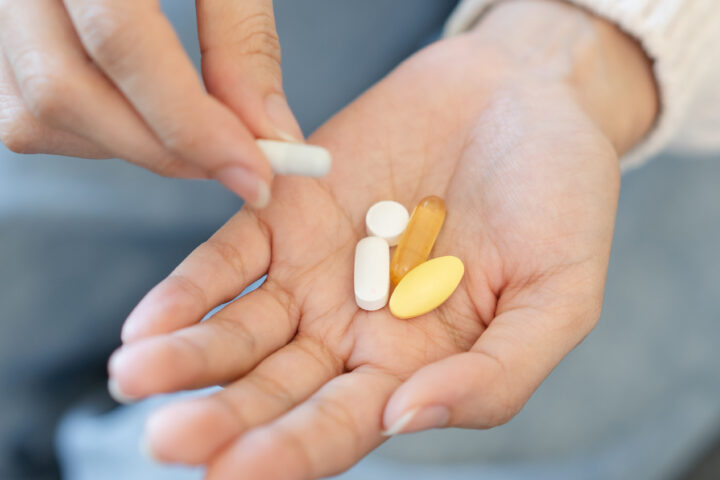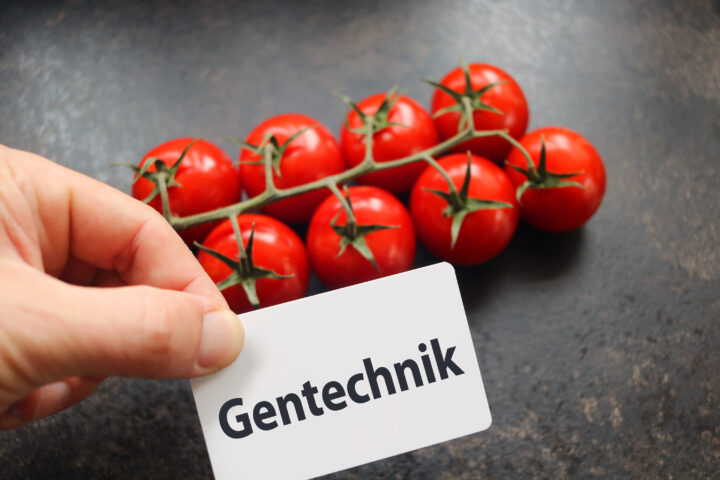
Making vanilla flavoring out of plastic waste
Using bacteria, researchers in Scotland have succeeded in making vanillin out of plastic waste. This opens up the possibility of transforming plastic waste into a product that is in demand all over the world, thereby benefiting both the environment and food producers.
Wednesday, October 27, 2021
Plastic waste is becoming an increasingly serious problem for the environment. It takes several hundred years for polyethylene terephthalate (PET), which is used to make plastic bottles, to completely decompose. So more and more plastic is ending up in the world’s oceans, posing a threat to numerous living creatures. As the Swiss newspaper “20 Minuten” reported, Scottish researchers have found a beneficial way to use plastic waste. They have modified E. coli bacteria to transform the terephthalic acid found in PET into vanillin. Vanillin is the flavoring agent contained in the vanilla bean, and is used primarily in the food and cosmetic industries, but also in the production of herbicides, defoaming agents and detergents. In terms of sheer quantity, vanillin is the most sought-after flavoring in the world.
Megatrend: Resource scarcity, Ecology
The potential of synthetic biology
An experiment showed that the bacteria the researchers had modified in the laboratory transformed 79 percent of the terephthalic acid found in discarded plastic bottles into vanillin. According to the scientists, this substance is suitable for human consumption, although more evidence is still needed. They point out that this method is the first use of a biological system to transform plastic waste materials into a valuable industrial chemical. This highlights the great potential of synthetic biology with respect to sustainability and plastics recycling.
Sources
Recycling agricultural waste materials
The recycling of waste materials is also a topic of discussion in agriculture. Reusing plant waste products makes environmental sense, and is part of resource-efficient production. The Clariant company has developed a process for making biofuels from straw or bagasse (residue from sugar production). The benefits are obvious, as such fuels produce 95 percent fewer greenhouse gas emissions than traditional fossil fuels, and their production does not require burning food crops or appropriating arable land.
Related articles

Residue is not the same as residue
Painkillers like Voltaren are a blessing for us – yet in our rivers they can harm fish. If these were crop protection products, calls for bans would be immediate. It becomes clear that we are applying double standards.

ARTE documentary: Genetic engineering in organic farming?
The ARTE documentary “Genetic engineering in organic farming?” examines key controversial questions of modern agriculture: Is the general exclusion of new breeding technologies still up to date? Can the resistance of organic farming be justified scientifically?

The Great Suffering of Farmers
Fire blight, Japanese beetles, or grapevine yellows – farmers in Valais, too, are increasingly feeling helpless in the face of the threats posed by nature. More and more often, they lack the means to effectively protect their crops. This makes it all the more important for the Federal Council to place a pragmatic balancing of interests at the forefront when setting threshold values.

'Tomatoes on your eyes'
The submitted “Food Protection Initiative” calls for “GMO-free food.” Leaving aside this illusory demand, its adoption would mean more bureaucracy, more trade barriers, and less innovation. The Swiss Farmers’ Union describes the proposal as “unnecessary” and warns of a setback to the goal of achieving an even more sustainable agriculture.

